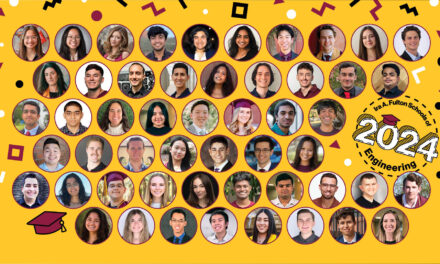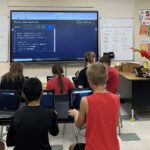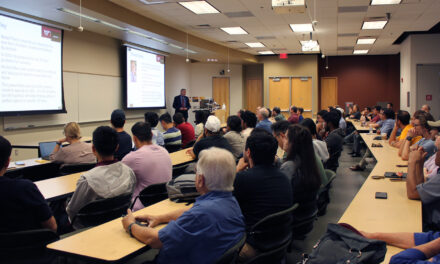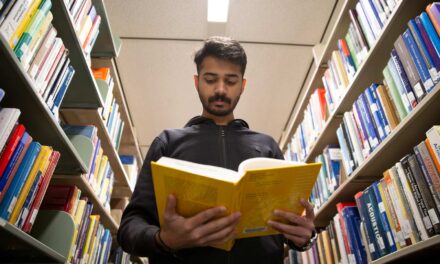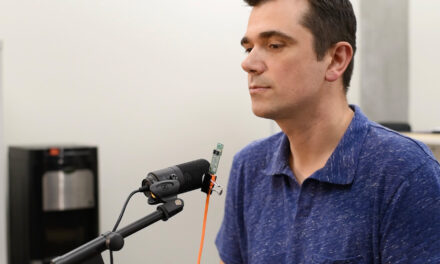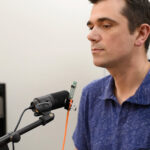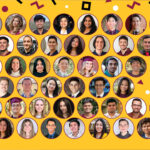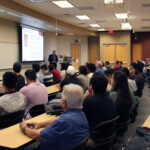
Learn to love your “monsters”
ASU’s Emma Frow wins 2021 National Science Foundation CAREER Award to explore the concept of care at the frontier of synthetic biology
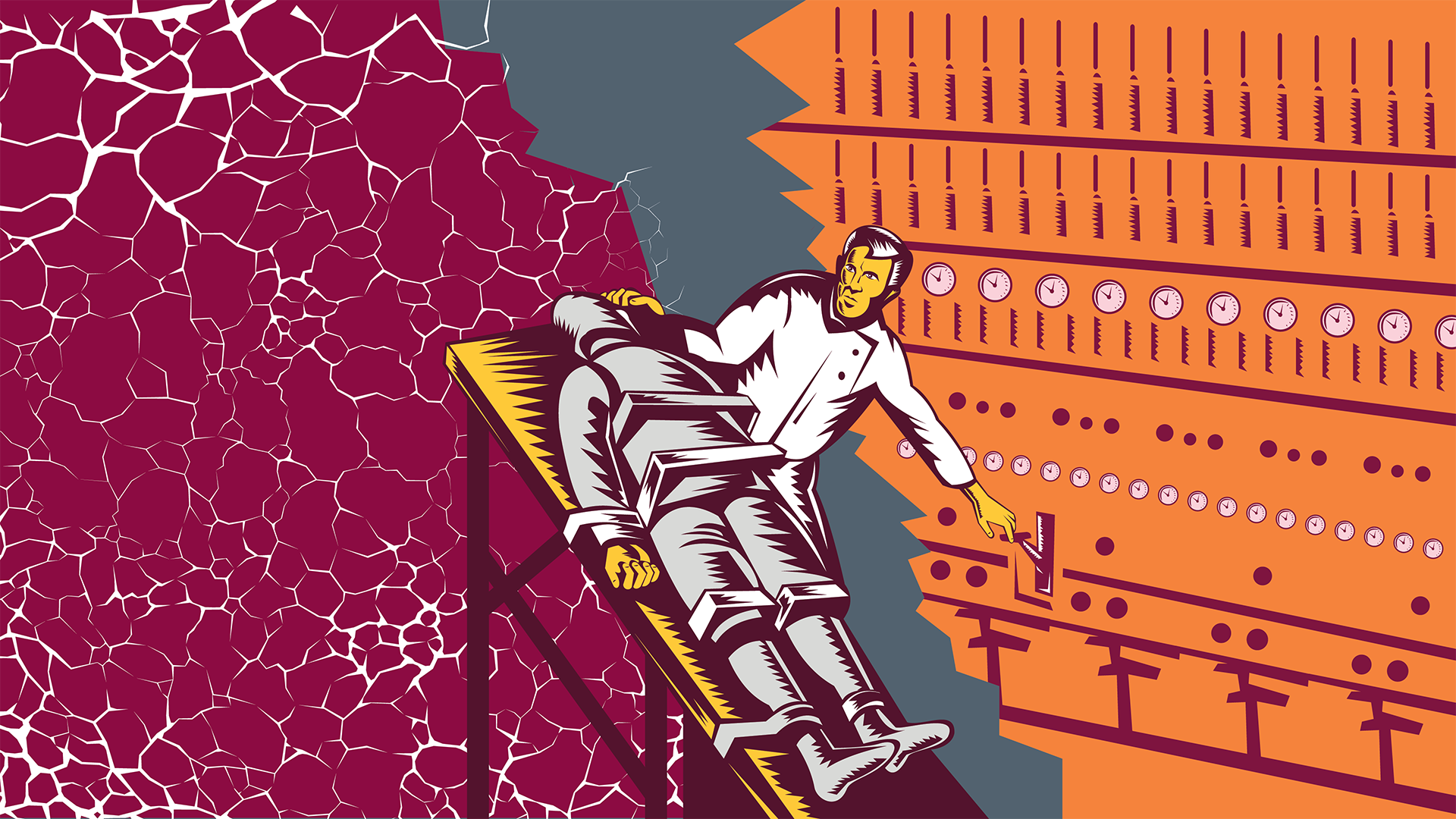
Above: The horror of the Frankenstein story was neglect. If the infamous scientist had offered responsible care to his creation, this tale might have been one of triumph instead of terror. In the real world, biofoundry facilities are engineering organisms that can synthesize products ranging from cosmetics to fertilizers. Are their creators considering the care they apply to their innovation? Assistant Professor Emma Frow is studying the practice of care and governance in a rapidly evolving industry that is literally engineering life. Image courtesy of Shutterstock
Nine faculty members in the Ira A. Fulton Schools of Engineering at Arizona State University have received NSF CAREER Awards in 2021.
Fantasy fiction is filled with scientists who go too far. The most enduring trope for this kind of hubris is Frankenstein. It’s both the most famous monster story and the most misunderstood.
Bruno Latour, a renowned sociologist of science, has written that the terror of this tale is not the act of creation; it’s the consequence of abandonment. He points out that all new technologies are flawed, and they need sustained care to improve them. It’s not that Dr. Frankenstein went too far. He didn’t go far enough.
“Latour calls on scientists and engineers to cultivate a different kind of relationship with their work,” says Emma Frow, an assistant professor in the Ira A. Fulton Schools of Engineering and the College of Global Futures at Arizona State University. “The word ‘care’ applies here, but more in the sense of governance than as something emotional. How do you ‘care for’ your ideas and innovations once they leave the lab and enter the complex, dynamic world we live in?”
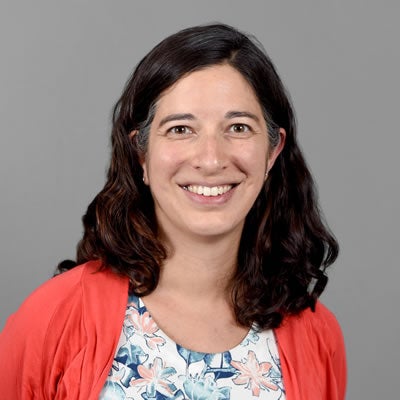
Emma Frow
Frow says parenting may offer a good analogy: it’s a long-term project. How do you best engage? When do you back off? What end are you seeking? She admits that this relational mindset is not always visible in science, where the prevailing perspective of praxis is the disinterested revelation of objective truth.
“And yet recent years have made it increasingly clear that science and engineering are complex endeavors that involve choices and debate,” she says. “Acknowledging that is really important. It gives us an opportunity to examine what we do and how we do it in order to make our work better.”
Frow came to ASU in 2015 as both a social scientist and a biochemist with a longstanding interest in synthetic biology. She did so because of the university’s reputation for fostering innovation with societal relevance. She says that mission makes ASU a leading institution for studying the actual practice of science and engineering from multiple vantages—including attitudes to responsibility and care.
Frow believes that scientists and engineers in the field of synthetic biology are particularly open to discussing questions of care and responsibility in their work. So, she’s pursuing these conversations in a set of emerging facilities called biofoundries.
“Biofoundries are trying to develop new technologies and business models for high-throughput biomanufacturing,” she says. “They are spaces of great innovation, which means they’re also making all kinds of design choices that could prove very consequential to the future of biotechnology and society. I think it’s important to pay attention to what’s going on in these sites and also to promote lively, interdisciplinary exchange and active consideration of the futures that are being shaped in these facilities.”
Exploring care and governance in the context of the emerging biofoundry industry is the focus of research Frow is conducting within the School of Biological and Health Systems Engineering, one of the seven Fulton Schools, as well as at ASU’s School for the Future of Innovation in Society. Her novel efforts have secured a 2021 National Science Foundation Faculty Early Career Development Program (CAREER) Award.
CAREER Award recognition is reserved for young researchers who show the potential to be academic role models and advance the missions of their organizations. Awardees receive approximately half a million dollars over five years to further their highlighted research.
Frow’s project has three components. The first is qualitative ethnographic study of the work underway within biofoundry facilities.
“I’m going to spend at least three months in each of two sites,” she says. “One is a commercial facility on the east coast, and the other is an academic facility on the west coast. I’ll also conduct shorter visits at several other biofoundries across the country. And I’ll be interviewing people working in many different roles at each of these sites.”
The second part of the project will study the bigger political economy in which biofoundries operate. This aspect involves interviewing investors, regulators and others from related fields such as industrial chemistry, pharmaceuticals and genetic engineering.
“Those first two parts are absolutely doable,” Frow says. “They will tell us a lot about contemporary biofoundries. But the third part of this project is more experimental. It will draw on all of the field work to design interventions or tools that can help attune practitioners to the politics of care and responsibility, and shape the governance of these foundries.”
She says this will be an interdisciplinary effort involving scientists and engineers, but also social scientists, humanists, designers and even science fiction authors. There’s a great deal of speculation about the future of biological engineering, but the need for a culture of commitment seems clear.
“As Latour writes, how do you actually care for or love the monsters that you create?” Frow says. “How do you engage with your innovations in order to wrestle with the problems that you didn’t anticipate, and ultimately build better futures?”






